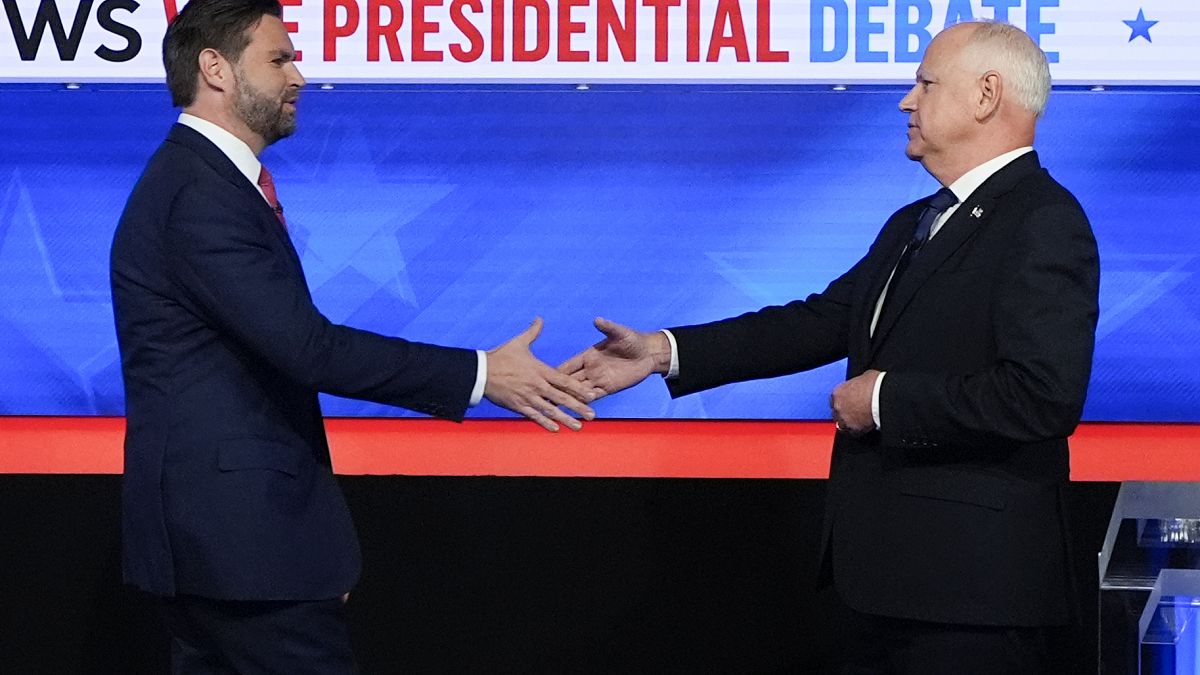The recent debate between US Vice Presidential candidates Tim Walz and JD Vance was a heated affair, with topics ranging from immigration to climate change dominating the discussion. Despite this, the candidates spent much of their time attacking the Presidential running mates of their opponents, Donald Trump and Kamala Harris. This reflects the reality that most voters do not base their decisions on the Vice Presidential candidates. The debate marked what may be the last confrontation before Election Day, with tensions escalating globally as Iran fired missiles at Israel.
One of the key differences highlighted in the debate was the contrasting approaches of the two tickets to the Middle East escalation. Walz emphasized “steady leadership” under Harris, while Vance promised a return to “peace through strength” under Trump. This exchange underscored the importance of leadership styles in times of crisis, with Walz criticizing Trump’s handling of global crises and Vance advocating for effective deterrence against Iran. The candidates’ responses revealed their differing views on foreign policy and the role of the United States in the international arena.
Climate change emerged as another crucial topic during the debate, particularly in the aftermath of Hurricane Helene. Vance steered the conversation towards job creation and manufacturing, sidestepping Trump’s previous denial of climate change as a hoax. He argued that moving manufacturing to the US would combat climate change due to the country’s clean energy economy. Walz, on the other hand, emphasized the Biden administration’s renewable energy investments and record levels of oil and natural gas production as steps towards becoming an energy superpower. Both candidates highlighted a domestic approach to tackling the global crisis of climate change, offering optimistic views on the potential for sustainable energy solutions.
The debate underscored the unique role of Vice Presidential candidates in attacking their opponents and defending their running mates. While Walz and Vance engaged in a spirited discussion on various policy issues, their focus remained largely on critiquing Trump and Harris. This dynamic reflects a broader trend in US politics, where Vice Presidential nominees often serve as the attack dogs for their Presidential counterparts. With no further debates scheduled before Election Day, the clash between Walz and Vance provided a glimpse into the contrasting visions for the country’s future under each ticket.
Overall, the debate between Tim Walz and JD Vance offered a window into the critical issues facing the US in the 2024 presidential campaign. From foreign policy to climate change, the candidates presented differing visions for the country’s direction, with a focus on their respective running mates, Donald Trump and Kamala Harris. As tensions escalate globally and Election Day approaches, the debate highlighted the importance of leadership styles, domestic policy solutions, and the role of Vice Presidential candidates in the political arena. Voters will have to weigh these factors as they make their decision at the ballot box.










